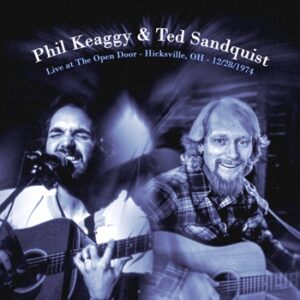This is Faith in Play #94: Secular, for September 2025.
I am again going to credit the Min/Max Podcast for pointing me in this direction. Their discussion was about why they had little interest in Christian media, and they made good points, but I am going to object to some degree.

Among the points raised was that the quality of Christian media is rarely as good as that of secular products, and this is obviously true and explainable: Christian media does not have the budget or facilities of secular producers. However, on a sharper point, they suggest that the Christian label is a marketing gimmick: the only thing Christian about it is the effort to sell the product to a large audience with a prejudice. I suspect that is more and more true. If something makes money, someone who wants to make money is going to invest in it for the money.
However, not all Christian media is tainted, and not all consumers thereof would be better off with secular products, despite these issues.
I know very little about Christian movies and television; I don’t really pay any attention to these, and never have. For what it’s worth, I invest very little time or money in movies and television at all. However, I know quite a bit about Christian books and music, which I should address.
To start with books, I think C. S. Lewis made a very important distinction between Christian books and books by Christians. His own fiction, and that of others such as George MacDonald, Dorothy Sayers, J. R. R. Tolkien, Charles Williams, Madeleine l’Engle, and others, fall into the latter category, and convey something of value without being overtly Christian. I attempt to couch my fiction much the same. On the other hand, most of them, and I as well, write Christian books in the sense that they are not fiction but address Christian issues for Christians. There is value in such books, and value in the fiction by Christians. That to which Lewis rightly objects is books that try to hammer home the faith. As he says, the world doesn’t need any of those books, and the church only needs a few.
But I have more experience with music. You see, I was a Christian musician and a disk jockey on Christian radio, and I knew and interviewed many Christian musicians. This was, quite frankly, forty years ago, but the fact was that every Christian artist I inteviewed, from the local band Pilgrim to Noel Paul Stookey, had a clear focus on ministry, on reaching people with the gospel or building and focusing their faith. Many of them struggled to do what they did, traveling in vans to concert locations, getting by on substandard finances. They did it for the love of Christ and the desire to meet the needs of people, believers and unbelievers. I believed in what they did, and tried to support them as well as I, on a minimum wage radio job, could.
I had another reason, though, for avoiding secular music in preference to Christian. I was a teenager in the seventies, and the messages in the music at that time were all about sex and drugs. I was a musician, and readily memorized songs including lyrics with very little exposure. I recognized that the messages in secular songs–Love the One You’re With, Magic Carpet Ride–were entirely contrary to the faith I was pursuing. That is a weaker brother issue, which we have discussed before–if the messages in secular music don’t get into your heart and mind, that’s excellent. I am not the only one who has trouble with this, and so I distance myself from anything that teaches the wrong lesson.
So secular media is not safe for all believers, and despite its flaws some Christian media has some value for some believers.
